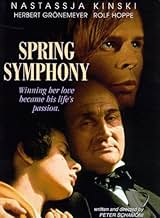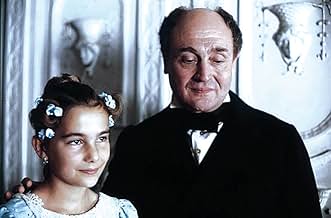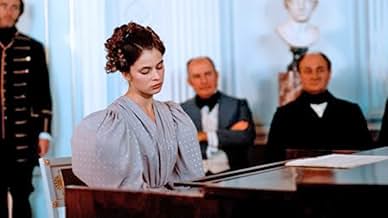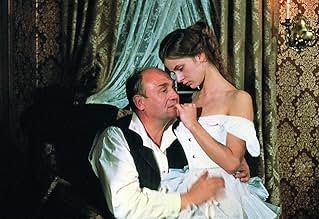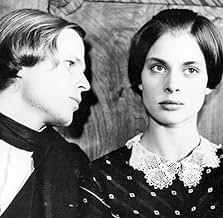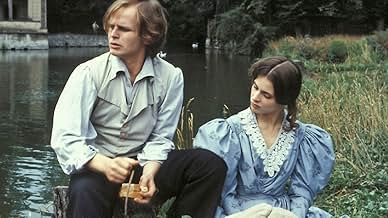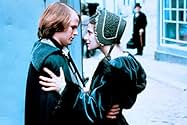For an academic film of linear narrative, Spring Symphony's editing does not match its exterior harmony, giving the impression that here and there some scenes have been suppressed or shortened in order to accelerate the pace of the story. The fact that the version was dubbed in English is not enough to make the show less dynamic or appealing. The film focus on 12 years of the life of Robert Schumann (1810-1856), during which he consolidated his musical vocation and lived an intense and troubled romance with Clara Wieck (Nastassja Kinski). The villain of the story is Clara's father, the famous professor Friedrich Wieck (Rolf Hoppe) who, in addition to being mercenary, tyrannical explorer of her daughter's musical skills, nurtures an affectionate love for Clara. The film omits an important angle: Wieck was also opposed to the marriage because of the psychological instability of his former student Robert. For that matter Wieck was prophetic. Schumann, after numerous bouts of depression and melancholy, ended his days in a nursing home in Endenich, Rhineland. The drama of madness, however, is absent from the movie.

